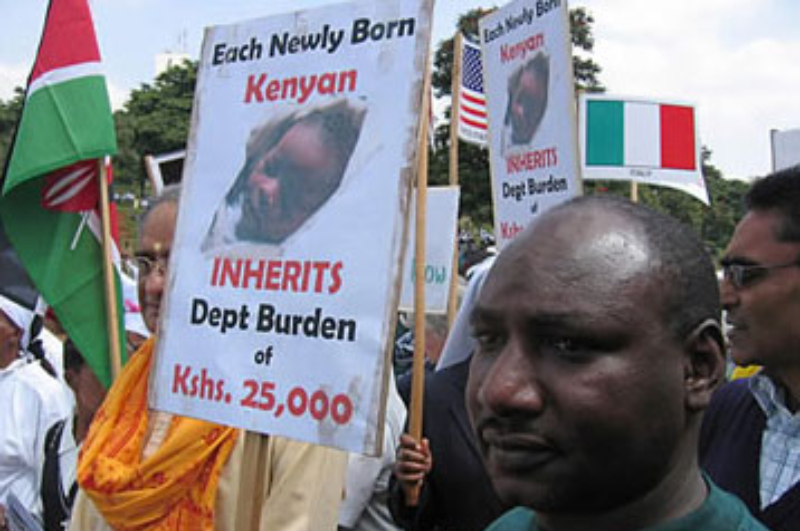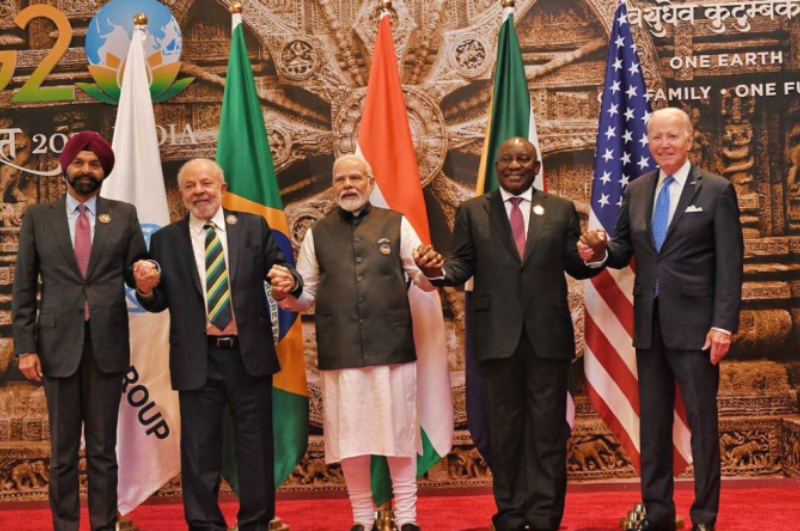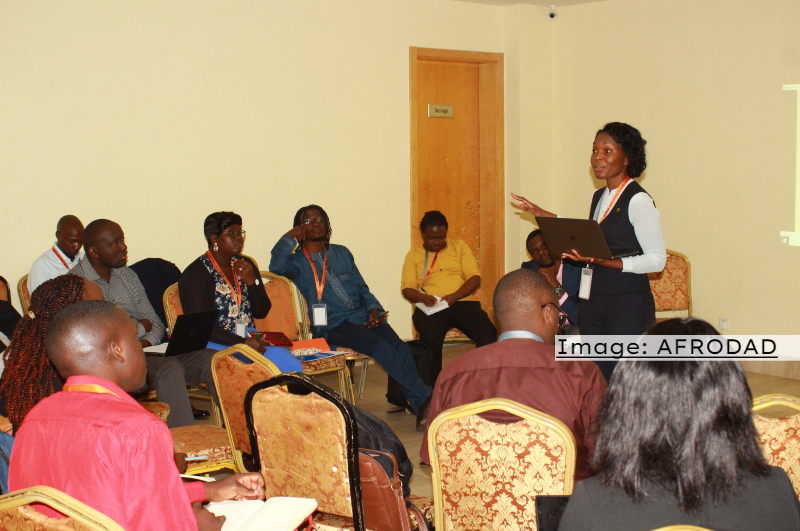

The African Forum and Network on Debt and Development (AFRODAD), Malawi Economic Justice, Action Aid, Oxfam, and the Stop the Bleeding Campaign, along with other development partners, organized a three-day conference (24th to 26th August 2022) with the theme ‘From Recovery to Reform: Sisi Ndio Tuko! Stop the Bleeding.’
Participants from across the continent have gathered at the conference to actively discuss, debate, and deliberate how to best move Africa towards economic, political, and social self-determination.
In his keynote address at the high-level African Conference on Debt and Development (AfCoDD II), currently underway in Lilongwe, Malawi, Dr. Ronald Mangani, the Former Secretary to the Treasury of the Government of Malawi, noted that Africa’s economy is both weak to internal and economic shocks and that the continent’s capacity to recover from the shocks is fragile as a result of current trade positions, poverty and social insecurities as witnessed with the Covid-19 pandemic, Russia-Ukraine war and climate change effects. Further, the structures of African economies make it impossible to recover from shocks- without recourse to external assistance. Thus, Africa faces a persistent need for more debt, implying that global debt architecture is perpetuated to promote dependence. Notably, the debt terms are unfavorable to debtors as opposed to creditors and are opaque in nature. Currently, African debt has surpassed the one trillion- US dollar mark, and there exist rising debt servicing costs. Okoa Uchumi, in their break-out sessions presentation at the side-line of the conference, alluded that one of the main reasons why African countries like Kenya are currently facing debt crisis is what is now commonly known as Budgeted Corruption 'A case of overpricing budgets meant for development projects with the aim of using the money for individual gain’. It is, therefore, a necessary calling and not a choice but to champion the dismantling of the current global debt architecture.
The conference discussed key issues relating to the current debt crisis in Africa, including; How Africa can build towards transformative economic justice with a macroeconomic environment filled with extractive policies, exploitation, unpaid care work, & stereotypical attitudes towards the inclusion of women in economic systems. Discussions also included the financing needs of African countries, illicit financial flows, the utilization of the Special Drawing Rights (SDR) allocation, and the current situation since the 2021 SDR allocation with the aim of arriving at an African position and calling for increased SDR allocation for African countries to finance its burgeoning development. The participants also highlighted the need for Africa to have the right institutions in place to ensure Africa’s structural transformation, as part of this lies in prioritization of climate action and scaling up climate finance through collaboration.
Foreign policies and penetration into Africa's exploration of natural resources have jeopardized Africa's ability to take part in climate remediation initiatives independently. Weak regulatory institutions contribute to false climate action solutions. To reset how African economies develop, there is a need to improve institutional capacities. There is also a need to build the required solidarity to decolonize the energy systems, economies & development. Jesuit Justice and Ecology Network Africa, in their break-out sessions, presented a paper on the need to overcome the existing paradigm of growth and actively engage in the creation of policies that support a social-ecological transformation.
It is time for Africa to look within itself to power its development, greed must end, and the rich resources of the continent must be used for the benefit of the continent. This calls for collective and collaborative efforts to surmount these challenges. Among the emerging propositions to the current question of debt in Africa, as discussed in the conference, include; The need to appreciate that debt is inevitable but take into account questions regarding how it is being used, where it is coming from, and the terms associated with the debt. This calls for the need to look at debt sustainability issues. Secondly, it is quite evident that debt is a key instrument for the colonization of Africa. It is, therefore, time for a Lagos plan of action approach as the neoliberal approach is tired,and inappropriate for African economies. There was, therefore, a call for African nations to adopt the Harare Declaration 2021 of making Africa a rule maker, not a rule-taker.
Related Articles
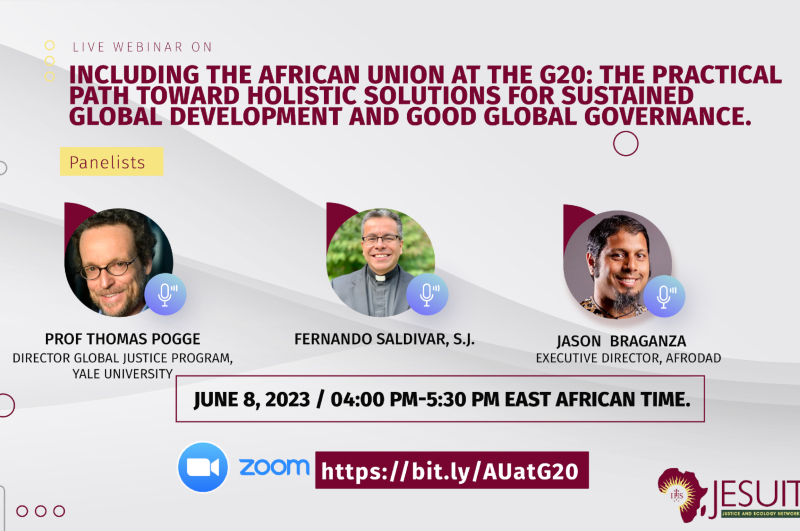
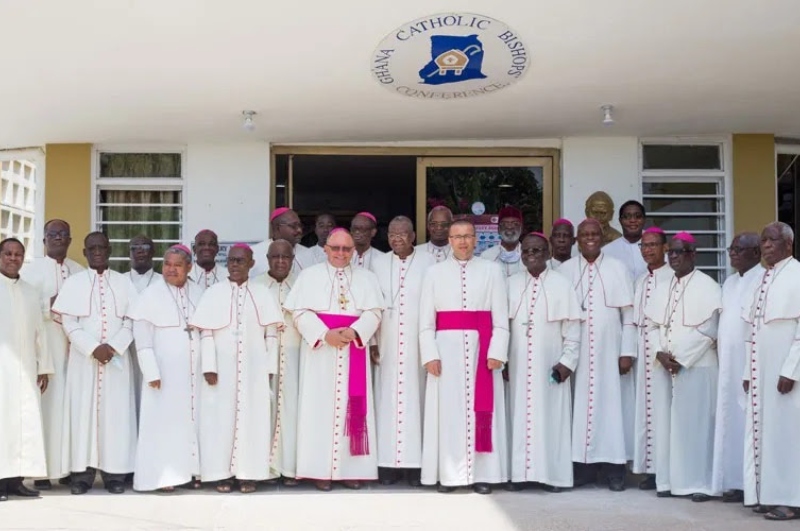
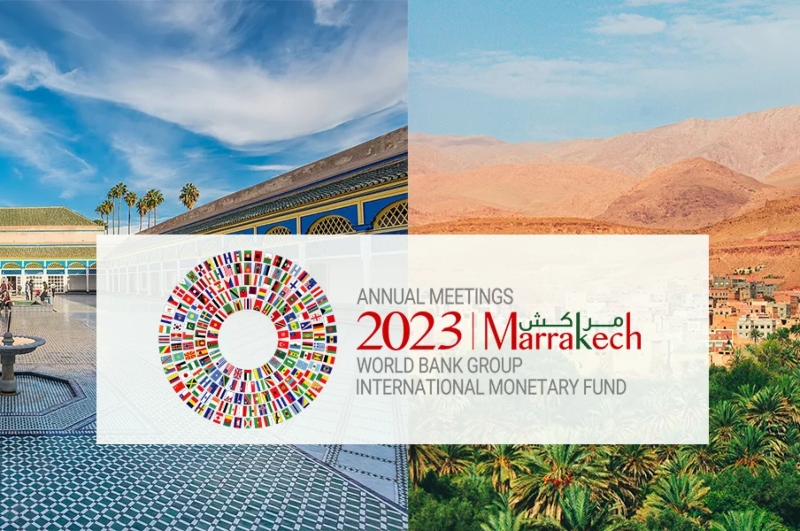
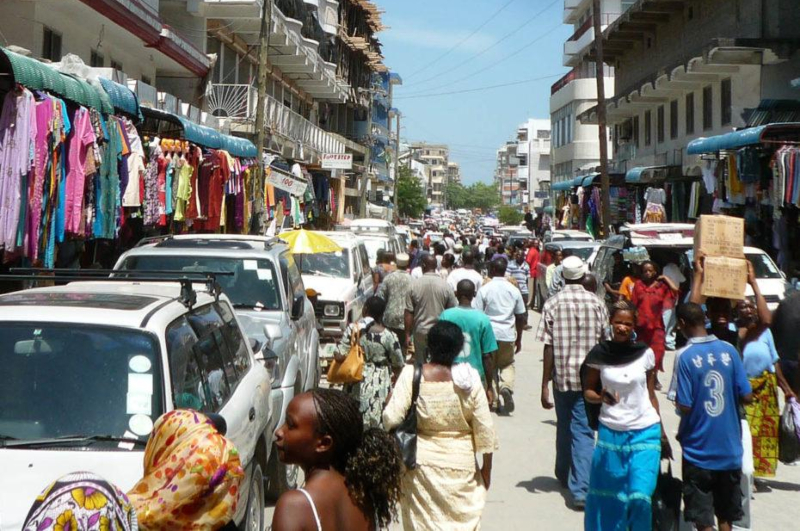
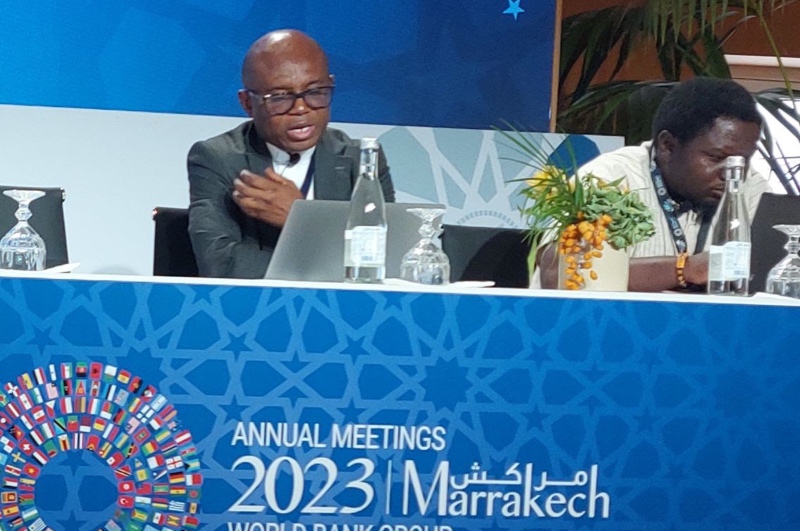
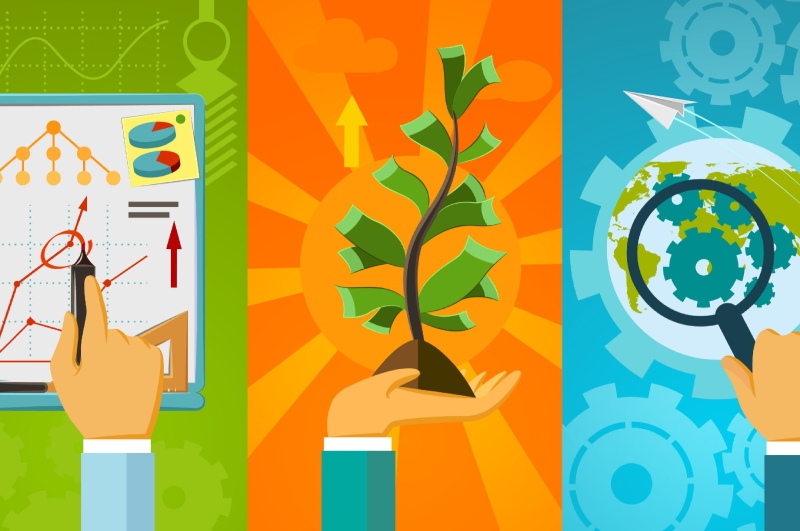
Select Payment Method
Pay by bank transfer
If you wish to make a donation by direct bank transfer please contact Fr Paul Hamill SJ treasurer@jesuits.africa. Fr Paul will get in touch with you about the best method of transfer for you and share account details with you. Donations can be one-off gifts or of any frequency; for example, you might wish to become a regular monthly donor of small amounts; that sort of reliable income can allow for very welcome forward planning in the development of the Society’s works in Africa and Madagascar.
Often it is easier to send a donation to an office within your own country and Fr Paul can advise on how that might be done. In some countries this kind of giving can also be recognised for tax relief and the necessary receipts will be issued.


